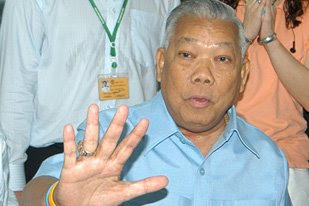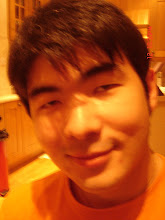
The situation in Thailand is worsening for Samak Sundaravej, its Prime Minister. After taking power last year at the head of the People's Power Party (PPP), Samak has found his rule to be increasingly under fire. The latest is that Samak has agreed to hold a referendum, although what exactly the referendum will be on is still a matter of debate. Given such strident concessions on the part of the Thai PM, it is hard to see what the opposition, a grassroots organised movement against the government called the People's Alliance for Democracy (PAD), is complaining about.
We are used to seeing grassroots protest movements as the voice of the disenfranchised poor rising up to strike back at the elites that have exploited them for so long. At least this is the explanation the average member of Respect will give you before ordering his post-protest McSandwich with Coke. But Thailand, the self-proclaimed ''Land of Smiles'', and the only country that considers its eerily realistic transexuals a source of constant national pride, has once again turned things inside out. As it were.
The PAD, the opposition movement to Samak's regime, is actually a conglomerate of middle-class interests. Thaksin Shinawatra, Samak's predecessor, was a self-proclaimed champion of the working class and the rural poor. Samak shares Thaksin's political base, and this support for farmers and other low-class Thais has irritated the Bangkok-based bourgeoisie. The result is the PAD, which is led by one of Thailand's biggest media magnates, and which has made demands that 70% of the parliament be appointed, rather than democratically elected.
These kinds of autocratic demands are symptomatic of a society where the bourgeoisie considers itself of an entirely different (and superior) breed to the working class, and is dissatisfied with a democratic system that essentially gives power to the majority, which is in all cases the poorest section of society. Their efforts can be seen to be an effort to use their political clout outside of the electoral system, where they feel their inferior numbers give them little chance of promoting their own interests.
In any case, Samak is having a worse time in Thailand than Gary Glitter did, and you can see the strain showing as he quotes Shakespeare at a BBC reporter. He'll have to find a way to reconcile rural populism with urban middle-class interests if he wants to stay in power.




0 comments:
Post a Comment